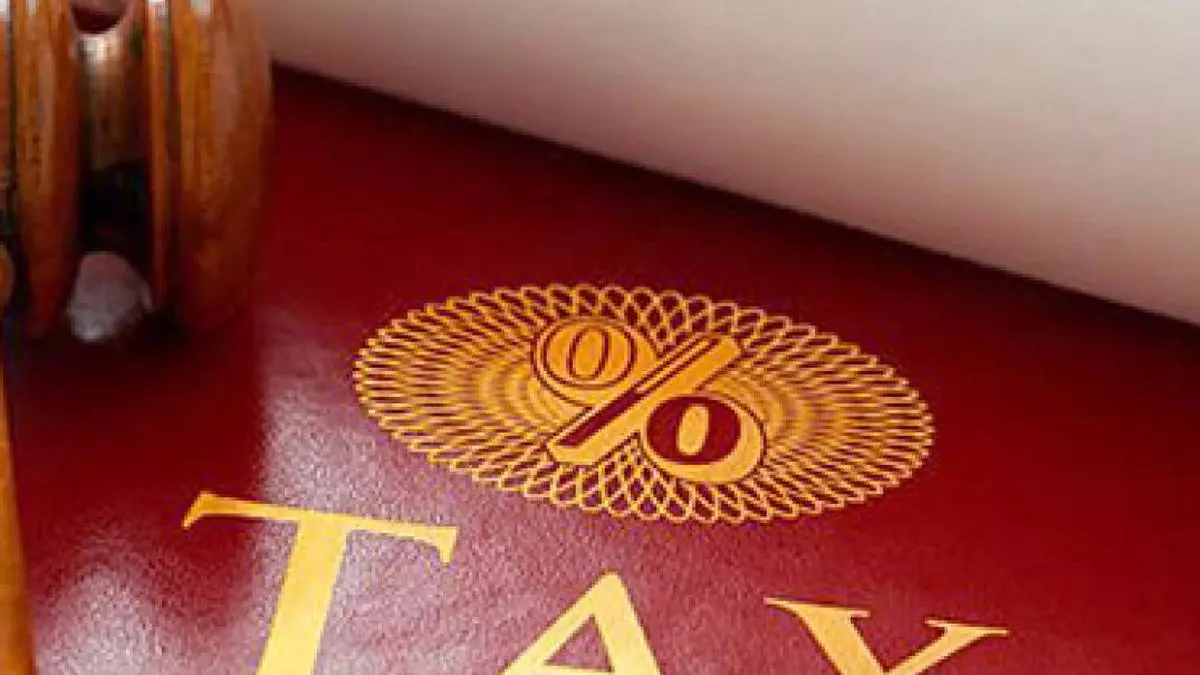GST payers get communication to first show irreversible ITC and then reverse, experts advise caution in filing Nov GSTR-3B
The GST authorities of the states have required assessors to provide correct and appropriate information on the Ineligible Input Tax Credit (ITC) and vice versa. This is crucial because the last opportunity to take advantage of the missing ITC for the 2021-22 financial year by filing a GST 3B return is November 20. Experts say that failure to comply could result in a fine of 20,000 rubles or more for each return.
Form GSTR-3B shows summarized figures for sales, ITC claim, and net tax payable. In August 2022, the Central Board of Excise and Customs (CBIC) issued a detailed clarification on the reporting of information on reverse ITC as well as disqualified ITC. Now, the total ITC (eligible and unqualified) is automatically filled from the statement on the GSTR-2B form into different fields of Schedule 4A of the GSTR-3B form.
reflection report
A registered person is required to report a reversal of ITC, which is absolute in nature and non-refundable, for example on reversal of credit by a banking company or financial institution, reversal of input services and inputs on account of supply of exempted goods or services etc., in the table 4(b)(1) of GSTR-3B. They will also be required to report an ITC reversal, which is not permanent in nature and may be recalled in the future in Schedule 4(b)(ii). The net available international trade cost will be calculated in Table 4(c), according to formula (4a-[4B (1) + 4B (2)]), and the same amount will be credited to the electronic ledger (ECL) of the registered person.
Based on this circular, the communication was sent. Business line Witnessed two calls – one by the Punjab GST department and the other by West Bengal. A notice from the Government of Punjab to the assessor reported a significant portion of the IGST ITC as unclaimed and said “This has resulted in loss of revenue for the Government of Punjab.” With this, I asked to comply with the circular. The notice issued by the West Bengal government also asked taxpayers to do the same.
ITC is not eligible
Explaining the whole issue, Vivek Jalan, partner at Tax Connect Advisory, says the GSTR-3B filing process has gone through an overhaul. Now, the entire ITC reflected in a taxpayer’s GSTR-2B (corresponding to a GSTR-1 provided by its suppliers), must be accounted for in Schedule 4a of the GSTR-3B when submitted by the taxpayer. Then, if either ITC is ineligible, the taxpayer is required to reflect it on Schedule 4B. Suppose, if a Haryana taxpayer follows a medical claim policy for which ITC is disqualified, he must first avail ITC in Schedule 4A and then show it as a reflection in Schedule 4B.
“This is required because revenue will flow into Haryana to the ITC limit shown as reversal of Schedule 4B of GSTR-3B for the taxpayer. In case the entire ITC is not recognized at all, this revenue will be distributed among the states in the proportion of their collections. Hence, The larger states like Maharashtra will gain and the smaller states will lose due to lower group ratio face to face largest countries”.
